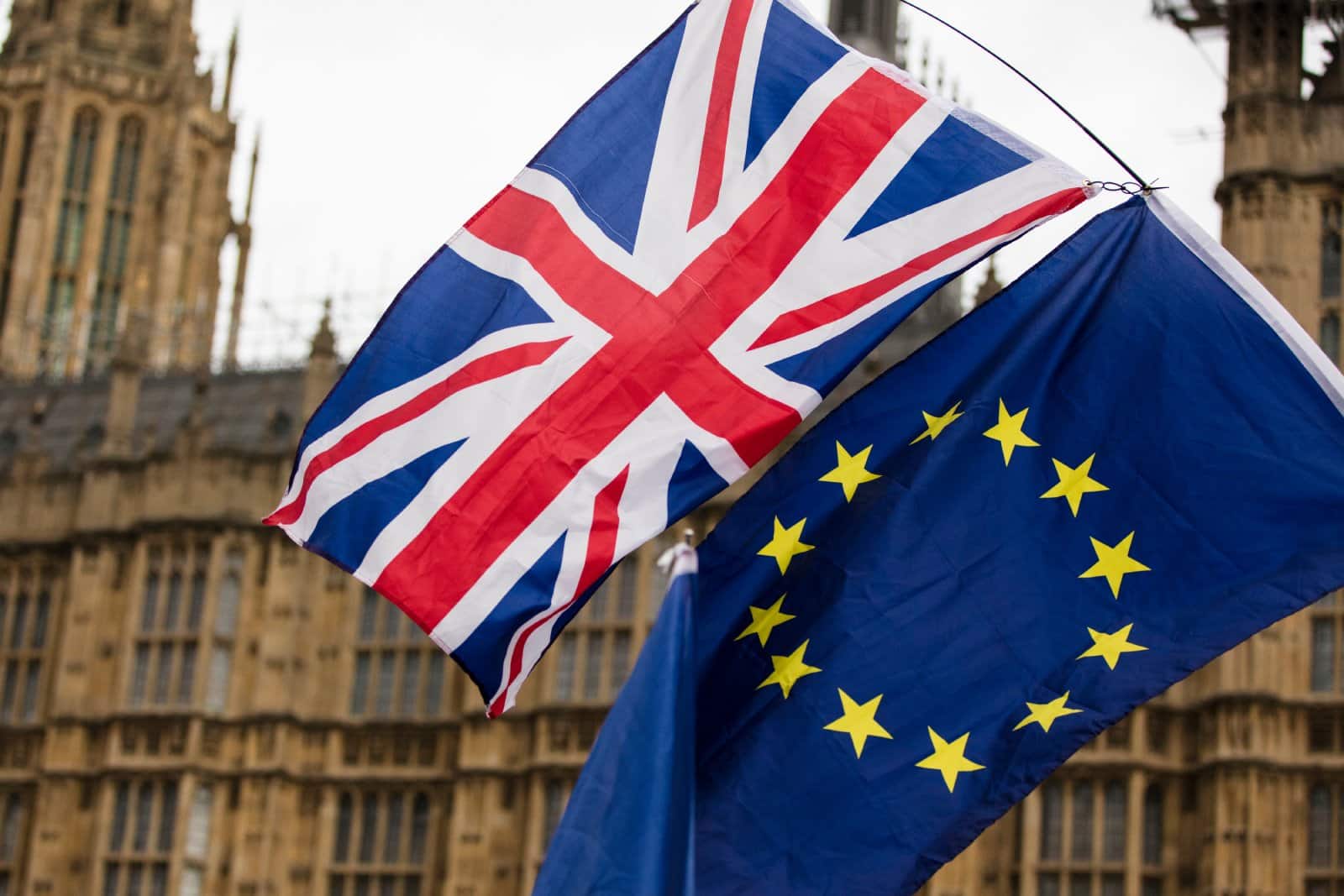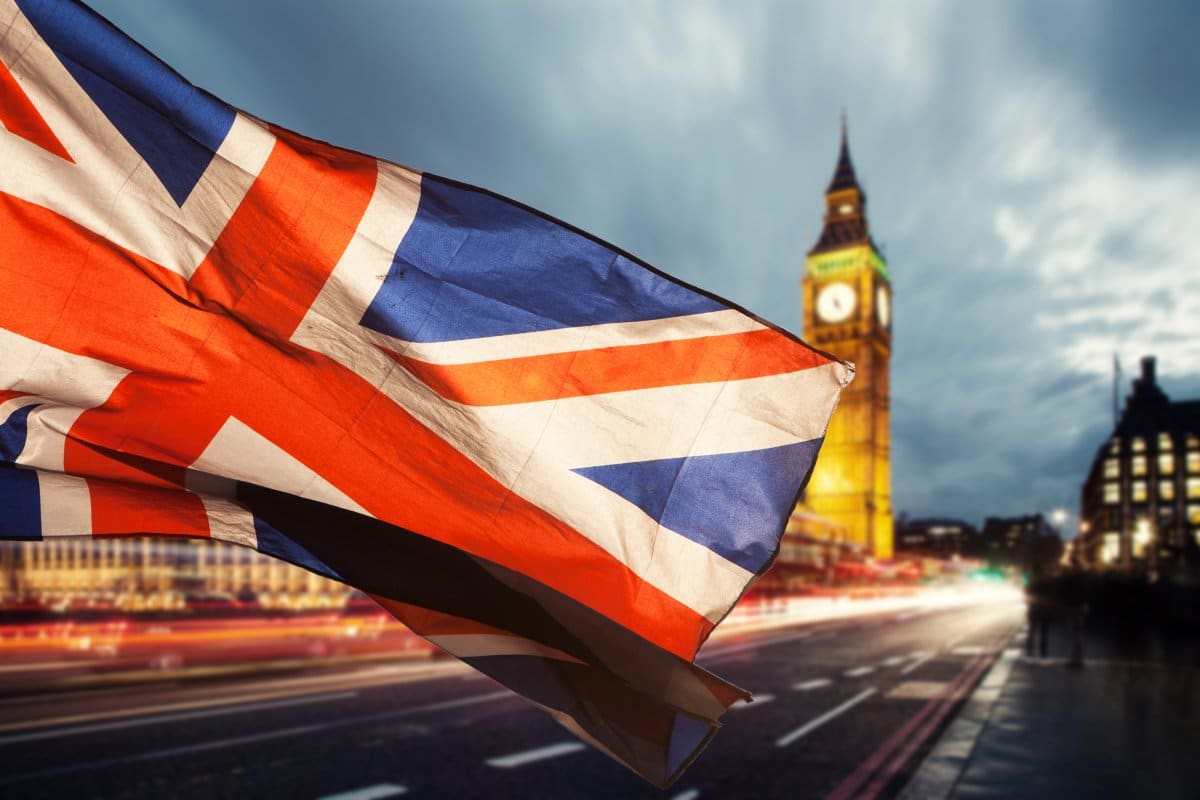There has been a noticeable shift towards right-leaning political ideologies among some segments of the British population. From Brexit to concerns about immigration and national identity, various factors are influencing this trend.
1. Brexit Fallout

Brexit Fallout: The divisive nature of Brexit and frustrations with the EU’s bureaucracy have led many to align with right-wing parties advocating for sovereignty and independence.
2. Immigration Concerns

Immigration Concerns: Rising immigration levels and fears of cultural dilution have fueled support for right-wing policies promoting stricter border controls and immigration reform.
3. Economic Uncertainty

Economic Uncertainty: Economic instability and fears of globalisation’s impact on jobs and wages have driven some to turn to right-wing parties promising protectionist measures and economic nationalism.
4. National Identity

National Identity: Issues surrounding national identity and British heritage have resonated with those leaning right, leading to support for policies emphasizing patriotism and traditional values.
5. Law and Order

Law and Order: Concerns about rising crime rates and perceptions of deteriorating public safety have bolstered support for right-wing parties advocating for tough-on-crime measures and law enforcement.
6. Social Conservatism

Social Conservatism: Traditional social values and opposition to progressive social changes, such as LGBTQ+ rights and gender identity issues, have attracted support for right-wing parties championing conservative values.
7. Anti-Establishment Sentiment

Anti-Establishment Sentiment: Distrust of mainstream political parties and dissatisfaction with the political establishment have driven some towards right-wing populist movements promising to shake up the status quo.
8. Welfare Reform

Welfare Reform: Calls for welfare reform and scepticism towards welfare dependency have resonated with those leaning right, leading to support for policies promoting personal responsibility and self-reliance.
9. Media Influence

Media Influence: The influence of right-wing media outlets and personalities, who often promote conservative viewpoints and narratives, has shaped public opinion and swayed individuals towards right-wing ideologies.
10. Cultural Backlash

Cultural Backlash: Perceptions of cultural elitism and disdain for working-class values have fueled a cultural backlash, with some embracing right-wing ideologies as a form of cultural resistance.
11. Identity Politics

Identity Politics: Opposition to identity politics and perceived favouritism towards minority groups have driven some towards right-wing parties advocating for colour-blind policies and equality under the law.
12. Globalization Critique

Globalization Critique: Criticisms of globalization’s impact on local communities and industries have led some to support right-wing parties promising to prioritize national interests over global cooperation.
13. Disillusionment with Left

Disillusionment with Left: Disillusionment with left-wing parties and their perceived failures to address societal challenges, such as inequality and social cohesion, have pushed some towards right-wing alternatives.
14. Leadership Appeal

Leadership Appeal: Charismatic leaders and effective communication strategies employed by right-wing politicians have attracted support from individuals seeking strong leadership and decisive action.
The post 14 Key Factors Driving a Shift to the Right in Britain first appeared on LoveLists.
Featured Image Credit: Shutterstock / Melinda Nagy.
For transparency, this content was partly developed with AI assistance and carefully curated by an experienced editor to be informative and ensure accuracy.

